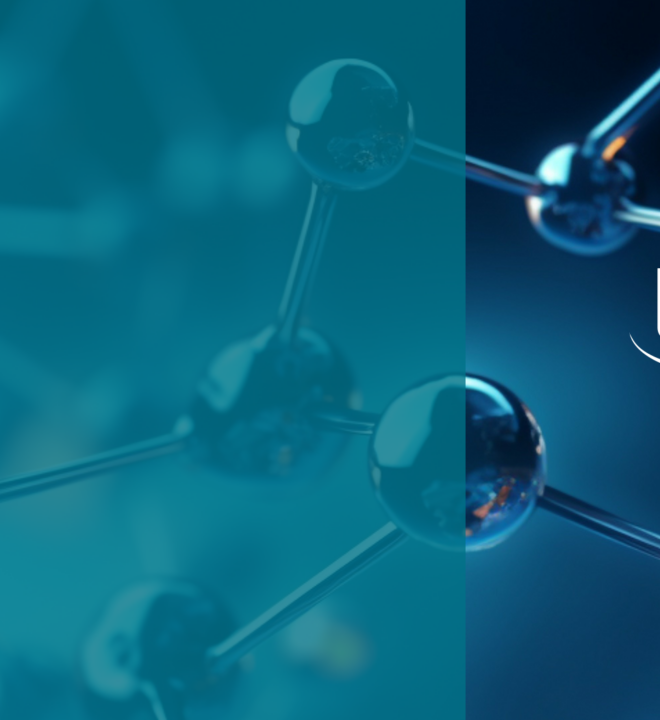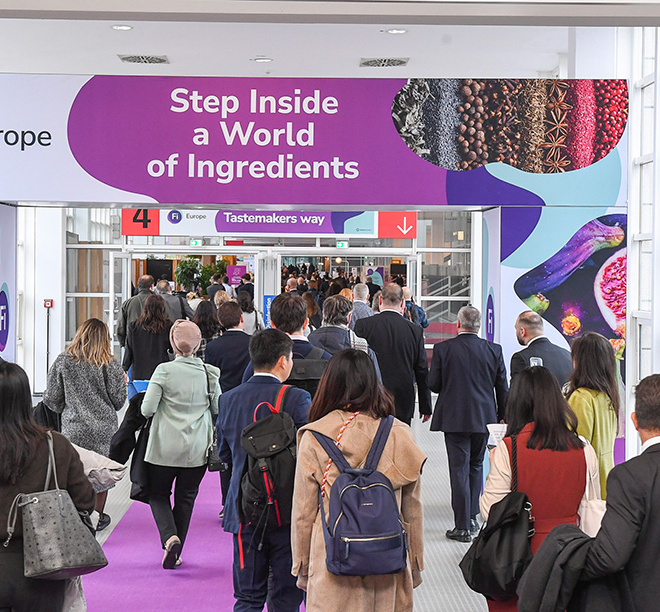Promising trends in the food supplements market
Key market trends: holistic health and healthy aging
As a result of the COVID crisis, consumers have become more aware of their health and have adopted a more holistic view of health. The link between health, diet, physical and mental well-being, lifestyle and the environment is clearer. Thanks to this vision of health, consumers now follow a lifestyle that is more preventive than curative.
With the holistic health trend comes the trend of healthy aging. Aware that their present lifestyle influences their future lifestyle, consumers are looking to improve their health and well-being in order to prevent the effects of aging and related ailments².
The most popular promises of the food supplements market
In their quest for health, consumers are looking for solutions that meet their needs. In France, the top promises sold in pharmacies are:
- Vitality / immunity
- Sleep & stress
- Digestive system
- Beauty
- Joints / growth
A holistic vision serving two key promises: nutricosmetics and sports nutrition
People are adopting a more holistic approach to a healthy lifestyle, incorporating not only the practice of sport, but also their choices in beauty products. Thus, the nutricosmetics and sports nutrition sectors are constantly growing and recruiting new consumers.
Indeed, the global nutricosmetics market amounted to $6.72 billion in 2019, and is expected to reach $11.39 billion in 2027 . The sports nutrition market reached €19.2 billion in 2019 and should reach €43 billion in 2026⁴.
Collagen occupies a prominent place in both sectors, thanks in particular to its numerous benefits for skin beauty, joint comfort and muscle recovery.
Sourcing, an essential parameter
Just like the food and cosmetics sectors, the food supplements sector must justify exemplary sourcing. Indeed, this one must follow two essential axes.
The quality of sourcing
This axis is essential for consumers. A sourcing is considered as quality when it guarantees a certain origin, transparency and traceability. Within the framework of the production of our Naticol® marine collagen peptide range, we ensure the quality of the raw materials. Indeed, our fish skin suppliers are all EU approved and are selected according to strict specifications. In addition, they are regularly audited by our teams to ensure compliance with our requirements.
The environmental footprint
The issues of sustainability and naturalness of solutions are increasingly raised. Consumers want to reduce the impact of their consumption on the environment, and are looking for more ethical products.
Upcycling is therefore a key transversal trend, both in the food & beverage and nutraceutical markets. It consists in recovering by-products that were intended to be thrown away. Between 2016 and 2021, product launches with upcycled ingredients grew 122% annually. At the same time, nearly 75% of consumers say they are interested in products with upcycled ingredients, if they have a lower environmental impact⁵.
Upcycling is therefore a highly marketable quality.
By definition, collagen peptides are upcycled ingredients. They are indeed extracted from animal parts not used by the food industry. In the case of marine collagen peptides, it is the skin of fish. This marine resource emits less greenhouse gas than other sources (cattle or pigs for example). It is therefore a sustainable ingredient in essence.
Weishardt goes further in sustainability thanks to its environmental commitments. Indeed, we diversify as much as possible the origins of the fishes used (farmed and wild fishes) in order to protect the marine ecosystem.
Finally, the Naticol® range is also available certified with the Friend of the Sea® sustainable label.
Scientific support: a prerequisite for marketing
In a mature and increasingly competitive market, it is essential to support solutions with scientific evidence.
This is a selection criterion for both distributors and consumers. It creates a climate of confidence and assurance of the effectiveness of solutions, and also supports the explanation of their functioning. The scientific support, in addition to the guarantee of effectiveness, brings an educational aspect for the final consumers, who will be fully informed about the products they use.
Thus, the challenge for ingredient suppliers and processors is to provide reliable and high-quality studies. Weishardt conducts numerous scientific and clinical studies supporting the benefits of the Naticol® range in several fields such as:
- Nutricosmetics
- Joint comfort
- Healthy aging
- Sports nutrition
- Intestinal comfort
These studies are freely available on our website.
The trends in holistic health, science and sourcing are therefore key areas to which the current players in the food supplement market must respond.
¹ Synadiet. (2022). Le marché des compléments alimentaires – chiffres clés de l’année 2021.
² Nutriform Business days & Innova market insights (2022), Nutraceuticals: current trends and future directions for NPD
³ Brand Essence. (2022). Nutricosmetics Market Size, Share, Industry Trends Analysis, Growth By 2028.
⁴ Euromonitor, Global Sports Nutrition Market, 2020
⁵ Innova Market Insights. “Shared Planet” leads Innova Market Insights’ Top Ten Trends for 2022. 2022.


